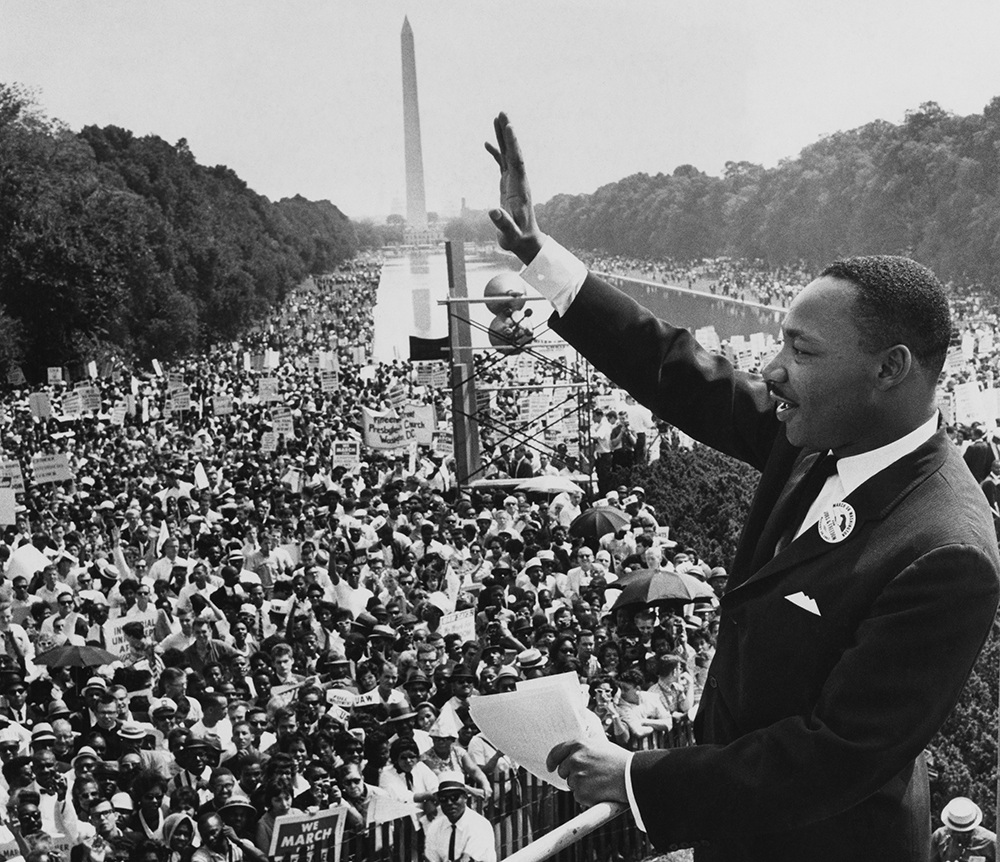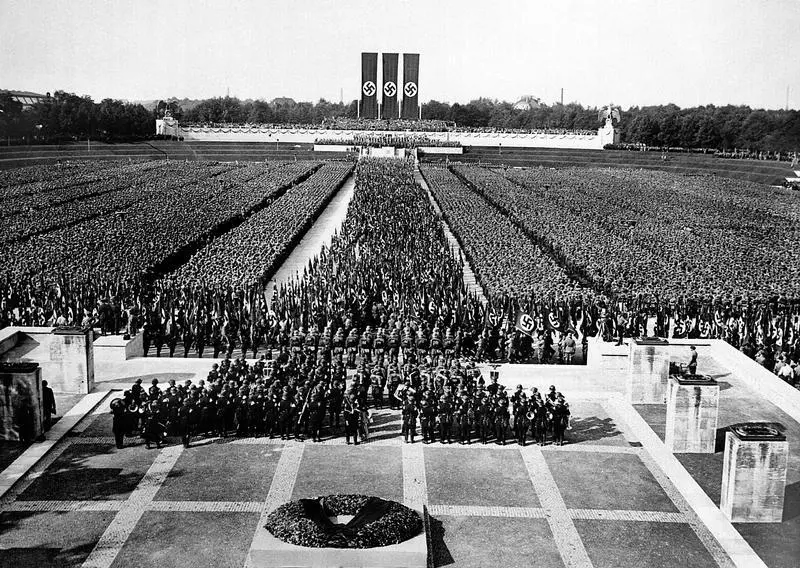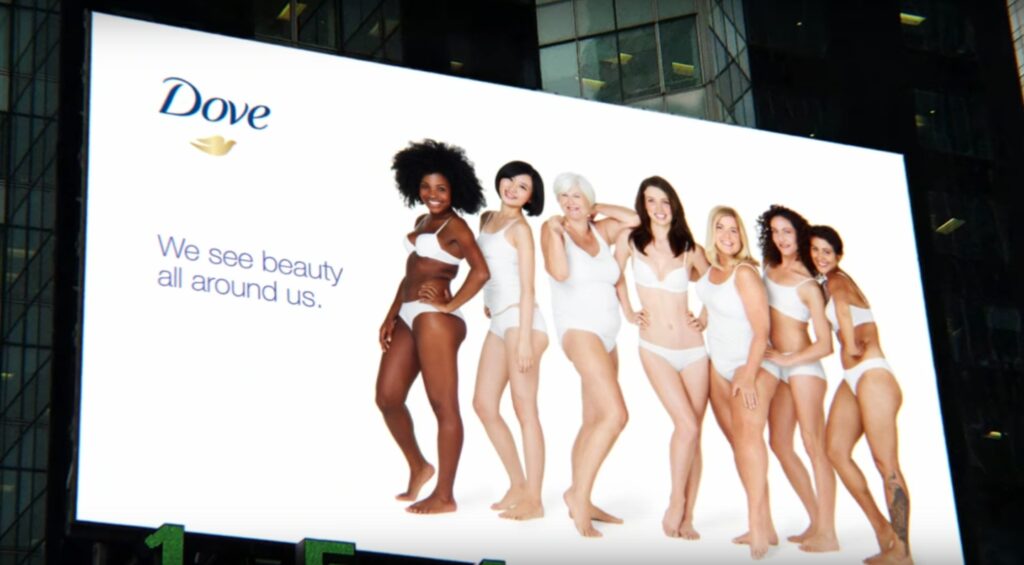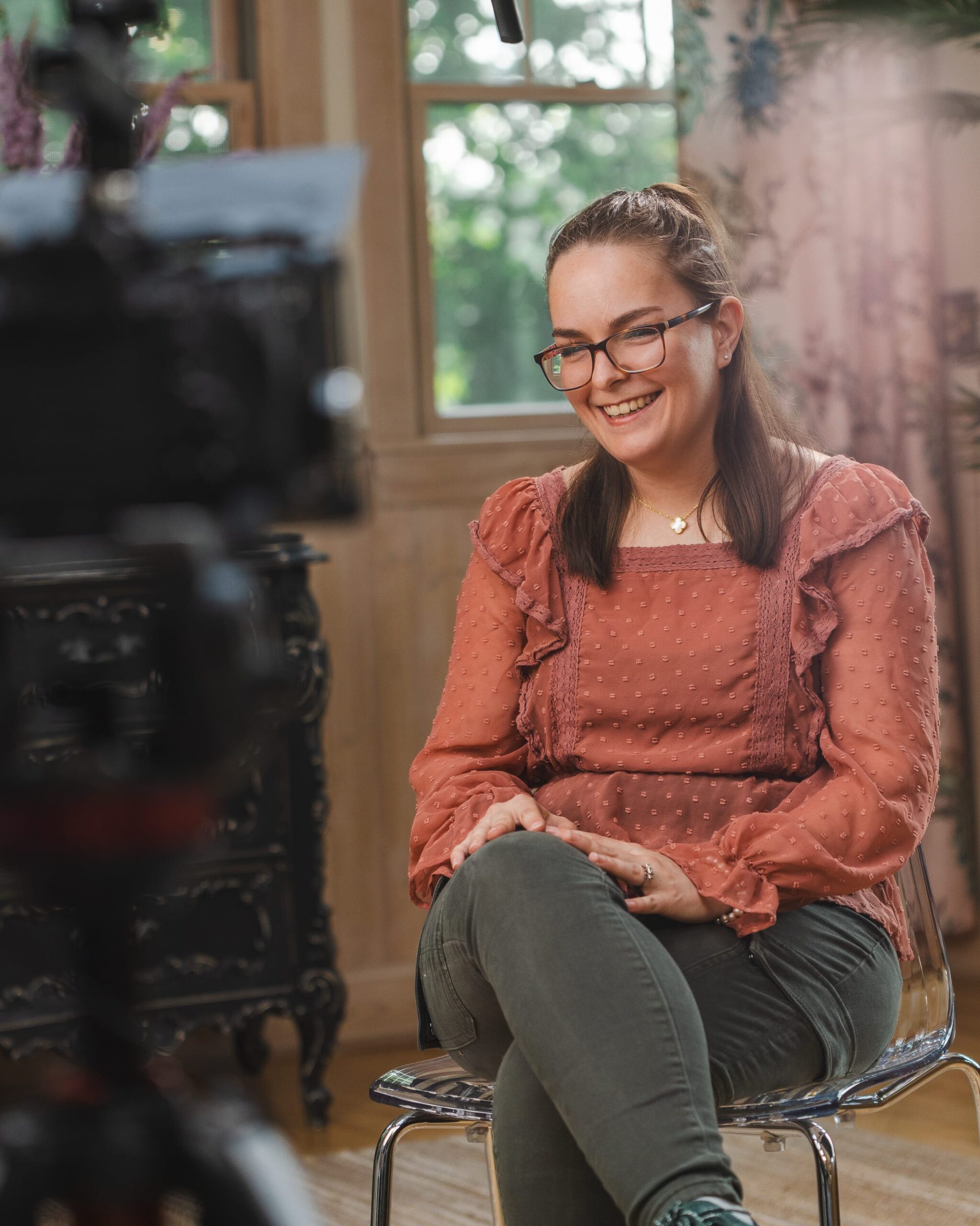Narrative
The summer sun beats down on the Lincoln Memorial. Over 250,000 people fill the National Mall, their voices murmuring in anticipation. Martin Luther King Jr. steps to the podium, his gaze steady as he looks out over the sea of faces. He begins to speak, his words painting a vivid picture, a convicting vision of equality and justice.

Six years later, billions of people watch Neil Armstrong descend onto the moon. His words, “That’s one small step for man, one giant leap for mankind,” capture the imagination of a world yearning for progress and hope. The moon landing isn’t about technology alone. It is a triumph of the human spirit.
These aren’t just events on the historical calendar. They are stories that resonate deeply because they tap into universal truths. They spark action and give people a shared sense of purpose.
The most powerful narratives do more than entertain. They inspire. They connect. They change everything. This is why we repeat them to each other so often.
But not all stories unite. Storytelling can also divide. Stories have been used to dehumanize, to stoke fear, and to justify harm. Propaganda is the cautionary tale of storytelling turned weapon. The same techniques that can inspire hope can also inspire hate. The same tools that create connection can fracture societies.

In the early 20th century, propaganda became a calculated art form. Leaders like Joseph Goebbels weaponized stories to spread ideology and manipulate entire populations. Narratives that vilified, scapegoated, and simplified complex realities became tools of oppression. One of the most infamous examples is Triumph of the Will, the 1935 Nazi propaganda film directed by Leni Riefenstahl. With its sweeping visuals, orchestrated crowds, and choreographed speeches, the film painted a glorified image of the Third Reich, distorting reality to serve an agenda.
The techniques employed in Triumph of the Will demonstrate how storytelling, when used irresponsibly, can dehumanize and divide. What made the film so dangerous wasn’t just its message but its mastery of visual narrative, which captivated and convinced its audience. Stories that should connect us were instead weaponized to fracture societies, showing the dark side of narrative power.
This should be a cautionary tale for us. The power of storytelling lies in its ability to move people, but with great power comes great responsibility.
King’s “I Have a Dream” speech didn’t rely on scapegoating or fear. It shared a vision. It told a story that called people to believe in something bigger than themselves. His words reached across time and continue to inspire generations. The moon landing did the same. It showed what courage and collaboration could achieve.
The stories that change everything do more than inform. They touch the heart and remind us of our potential. But they also require careful stewardship to ensure they connect us rather than divide us.
The same lesson applies today. Brands that resonate tell stories that matter. Dove’s “Real Beauty” campaign went beyond selling soap. It challenged stereotypes and connected deeply with people’s values. Apple’s “Think Different” campaign didn’t just describe product features. It invited people to see themselves in a larger narrative about creativity and innovation.

But now, we stand at the edge of a new storytelling revolution. Artificial intelligence, capable of generating lifelike images, video, and entire narratives, introduces a challenge unlike any we’ve faced before. The same tools that help creators tell stories with breathtaking clarity can be used to distort reality. AI doesn’t just produce, it persuades, often blurring the line between fact and fabrication. Stories generated by AI could manipulate emotions, fabricate events, and deepen divisions with startling precision.
In the past, propagandists like Joseph Goebbels and filmmakers like Leni Riefenstahl used carefully crafted visuals and narratives to influence entire populations. Now, AI can replicate those efforts on an individual scale. It can create stories that feel personal, tailored to the preferences, fears, and beliefs of its audience. The techniques that once required orchestrated rallies or sweeping visuals can now be automated, making it harder than ever to separate truth from lies.
Propaganda pretends to be about the audience but is ultimately about control. Authentic storytelling, by contrast, seeks to elevate and connect rather than manipulate.
The stories we tell have the power to inspire others and create change. Whether it’s a small business overcoming challenges, a nonprofit transforming lives, or a brand inviting people to join a mission, great stories make people feel seen. They connect us to one another and remind us of our shared humanity.
King wasn’t thinking about politics when he wrote, “I Have a Dream,” as much as he was thinking about his ancestors, griots, and parables.
The stories we tell today will shape tomorrow. But for storytellers, the goal must extend beyond the moment. It’s not enough to win an argument or trend for a day. True storytellers think beyond the political and cultural fray. They strive for a separate peace, a place where human dignity and connection transcend the conflicts of our time.
The stories we tell have consequences. They can lift us higher or tear us apart. This is the scary power of narrative.
READ LATEST
the
we're storyteller studios
documentary-style film for brands & causes
In 2013, we started leveraging the power of documentary-style film for brands and causes in our hometown of Springfield, Illinois (hence our affinity for Lincoln).
Since then, we’ve worked with clients nationally and traveled to cities including Chicago, St. Louis, Kansas City, Indianapolis, Louisville, and Des Moines.
No matter where you are, we’d be honored to serve your brand next.
featured post
3 Must-Have Ingredients for Marketing Videos That Work
Every effective marketing video relies on three essential ingredients that make it resonate with audiences and drive results—discover what they are and how they can make your next video project a success.




